Food safety (FS) is of particular importance, related to human health, contributing to improving the quality of life and closely linked to productivity, economic development efficiency and social security... Therefore, managing FHS quality, promoting propaganda to raise awareness; strengthening inspection and examination of production and business establishments, using pesticides, antibiotics... on the list of prohibited substances in preserving raw materials and agricultural and aquatic products are always focused on by the province's professional sector.
Ms. Ngo Minh Uyen Thao - Head of the Provincial Department of Agriculture, Forestry and Fisheries Quality Management (QLCLNL and TS) said: Since the beginning of the year, the department has collected 309 samples of agricultural, forestry and fishery products at agricultural, forestry and fishery production and trading establishments to monitor quality and food safety (including 52 samples of OCOP products), collected 29 samples to control toxic substances in farmed aquatic animals and animal products; 10 samples of bivalve mollusks to control hygiene and safety in bivalve mollusk harvesting areas. In addition, the department also collected samples of vegetables and fruits for rapid testing of pesticide residues.
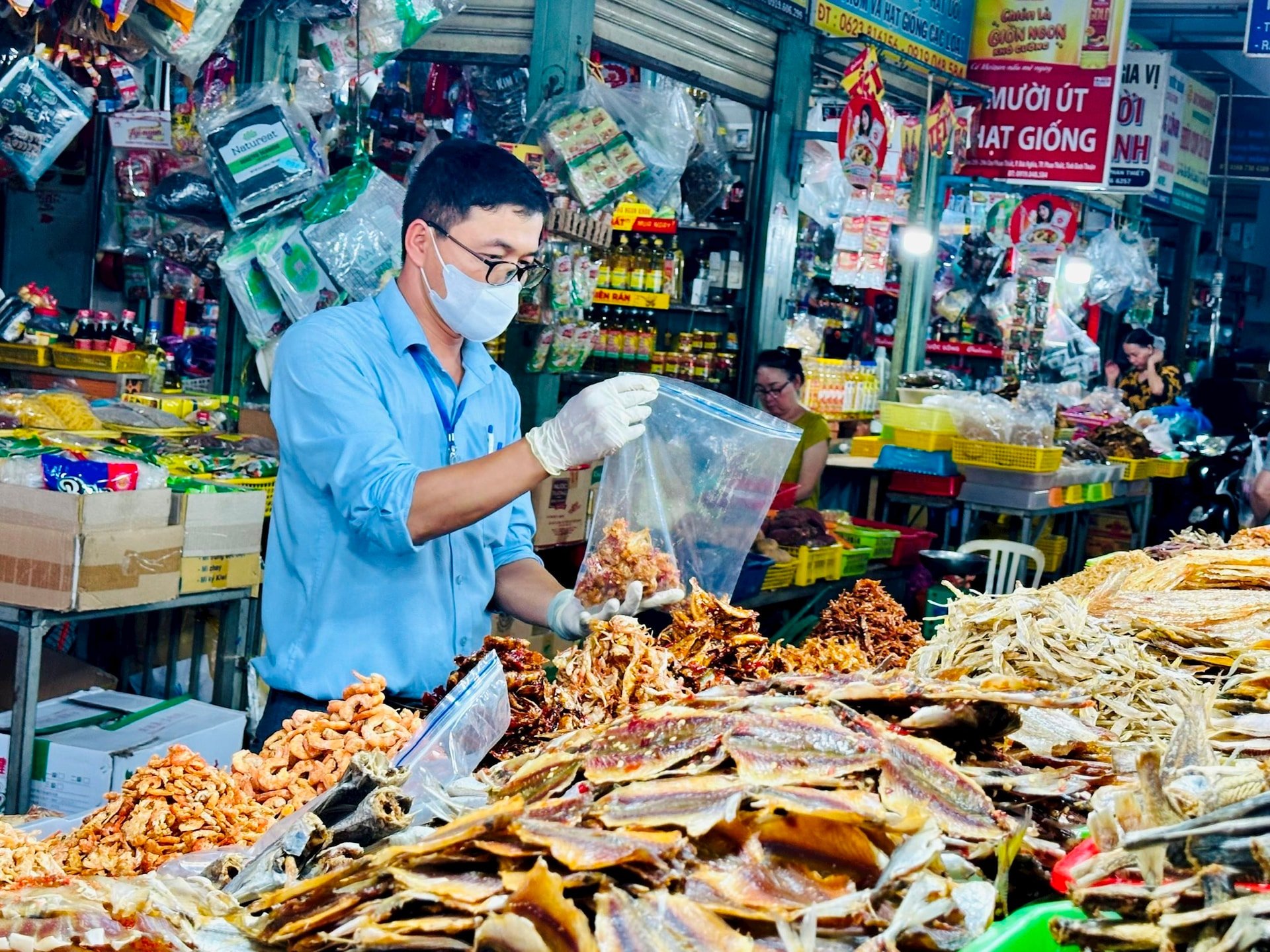
For example, recently (from September 30 to October 11, 2024), the Department organized sampling to test and monitor post-harvest food safety of agricultural and aquatic products, including samples of raw aquatic products, frozen aquatic products, dried aquatic products, fish sauce, fish cakes, vegetables, fruits, meat, rice, etc. at wholesale markets, agricultural, forestry and aquatic product collection and distribution facilities and specialized agricultural, forestry and aquatic product businesses. Thereby, these samples were randomly taken for testing and assessment of compliance with regulations and technical standards.
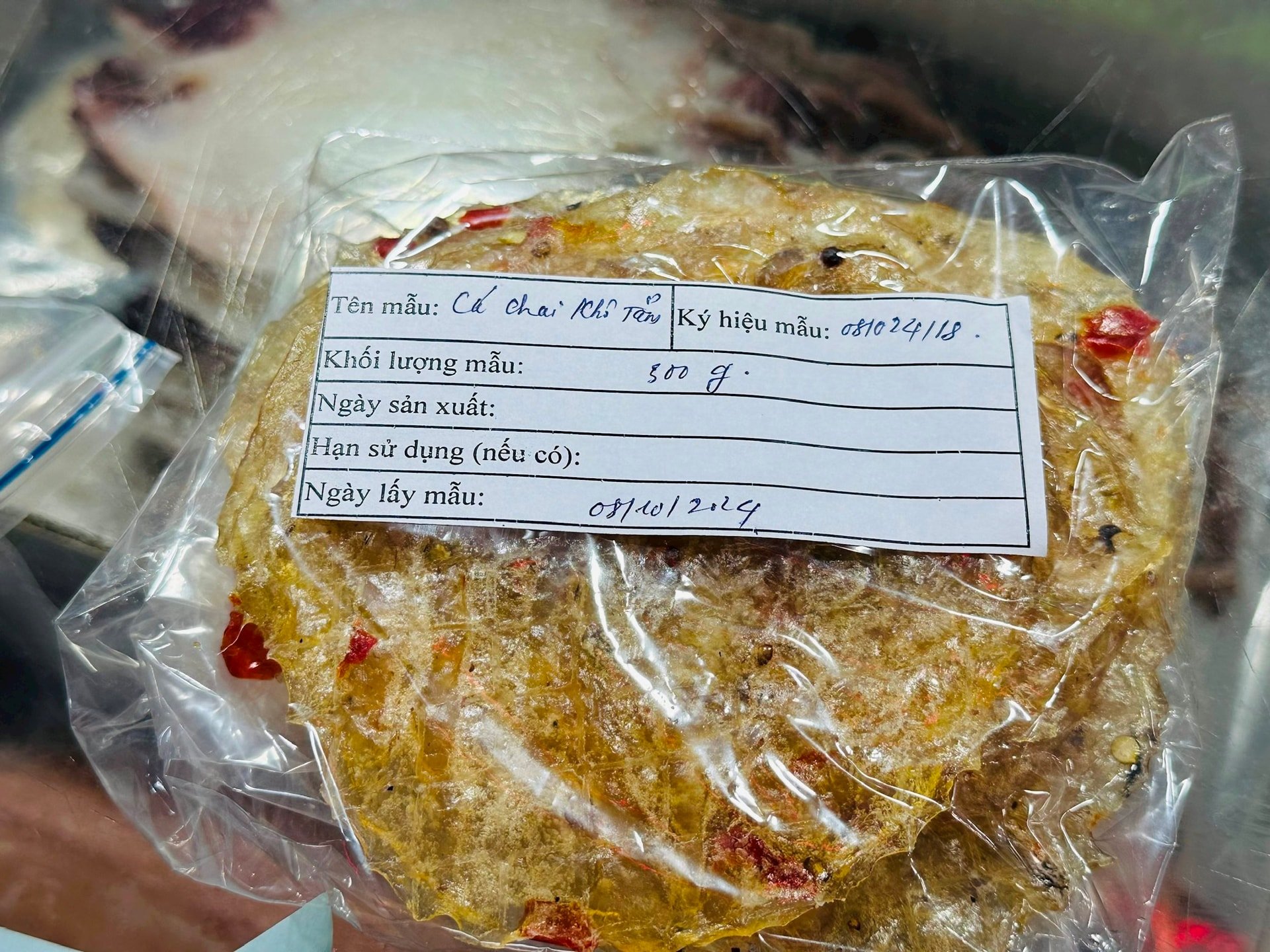
As a result, 270 samples had test results, of which 257 samples passed (accounting for 95.19%). For unqualified agricultural, forestry and fishery samples with production addresses in the province, the Department established surprise inspection teams to inspect the food safety conditions of the facilities, and at the same time take samples for testing and handle food safety violations (if any). At the same time, notify relevant agencies to coordinate monitoring of facilities with unqualified samples. For agricultural, forestry and fishery products with production addresses in other provinces and cities, the Department informed the Department of Quality Management and Food Safety of the provinces and cities where the production facilities are located to trace the origin and handle according to regulations. In addition, trace the origin, coordinate verification and handling according to the law for agricultural, forestry and fishery products that do not ensure food safety produced in the province when notified by other provinces and cities.
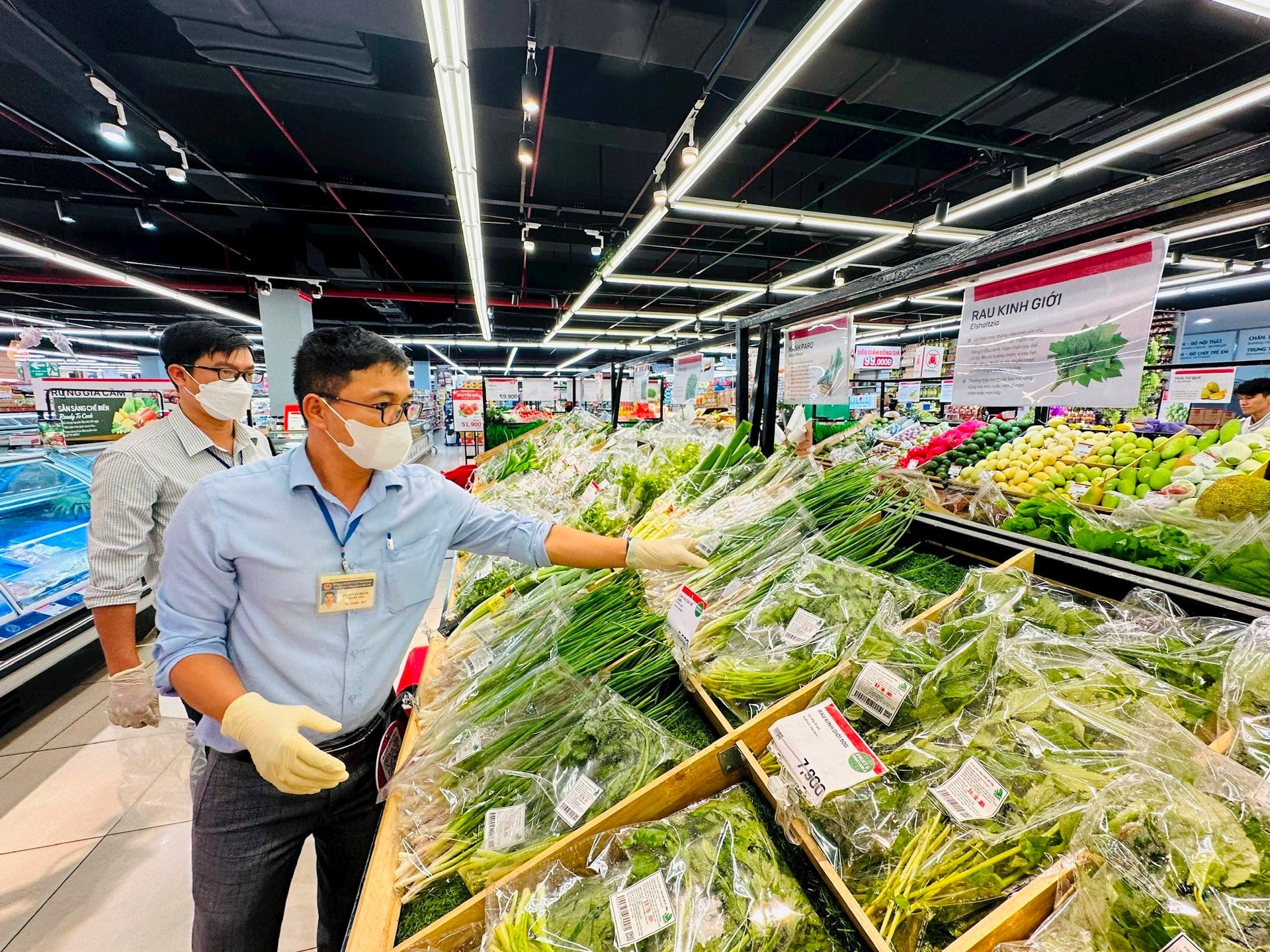
The leader of the provincial Department of Food Safety and Hygiene added that from now until the end of the year, the unit will continue to provide training on food safety knowledge for establishments purchasing, processing, and processing agricultural and aquatic products. In parallel, it will implement models of safe agricultural and aquatic food supply chains; support agricultural and aquatic product production and trading establishments to apply quality management programs in production and trading; and assess food safety conditions of agricultural and aquatic product establishments. Along with that, the department will implement programs to monitor product quality and control toxic residues in aquaculture areas in the province... From there, it will aim to ensure food safety, say no to "dirty" food to ensure the health of consumers.
Source: https://baobinhthuan.com.vn/tang-cuong-giam-sat-an-toan-thuc-pham-nong-lam-thuy-san-nam-2024-125391.html







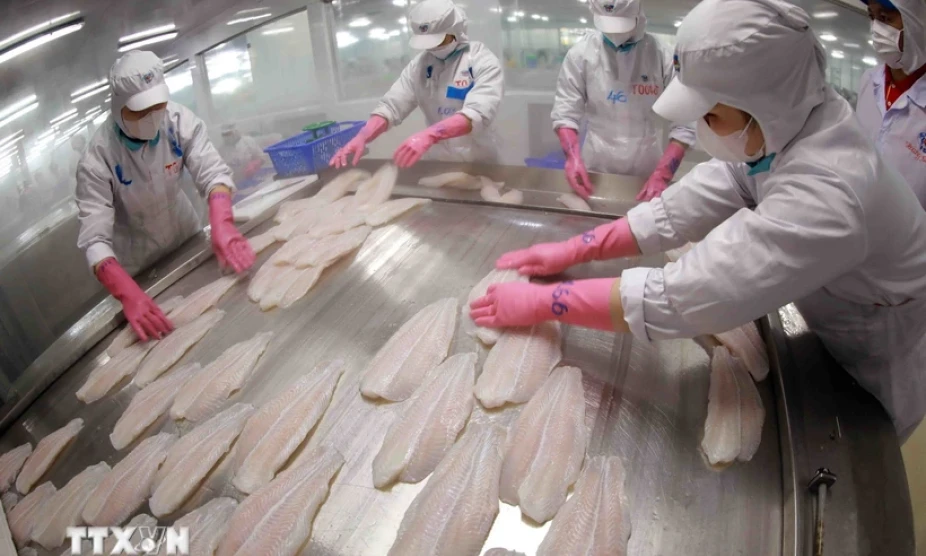













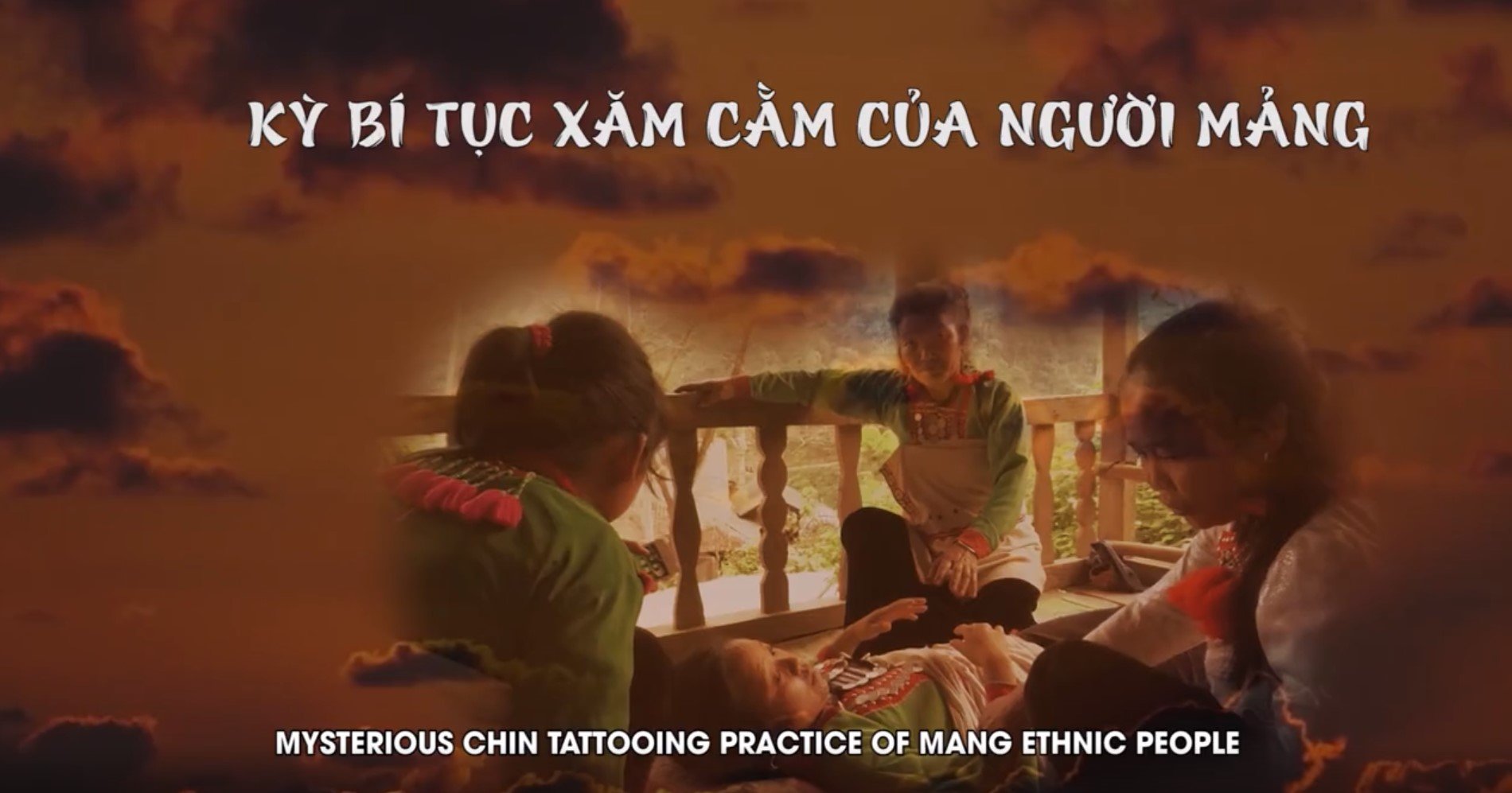
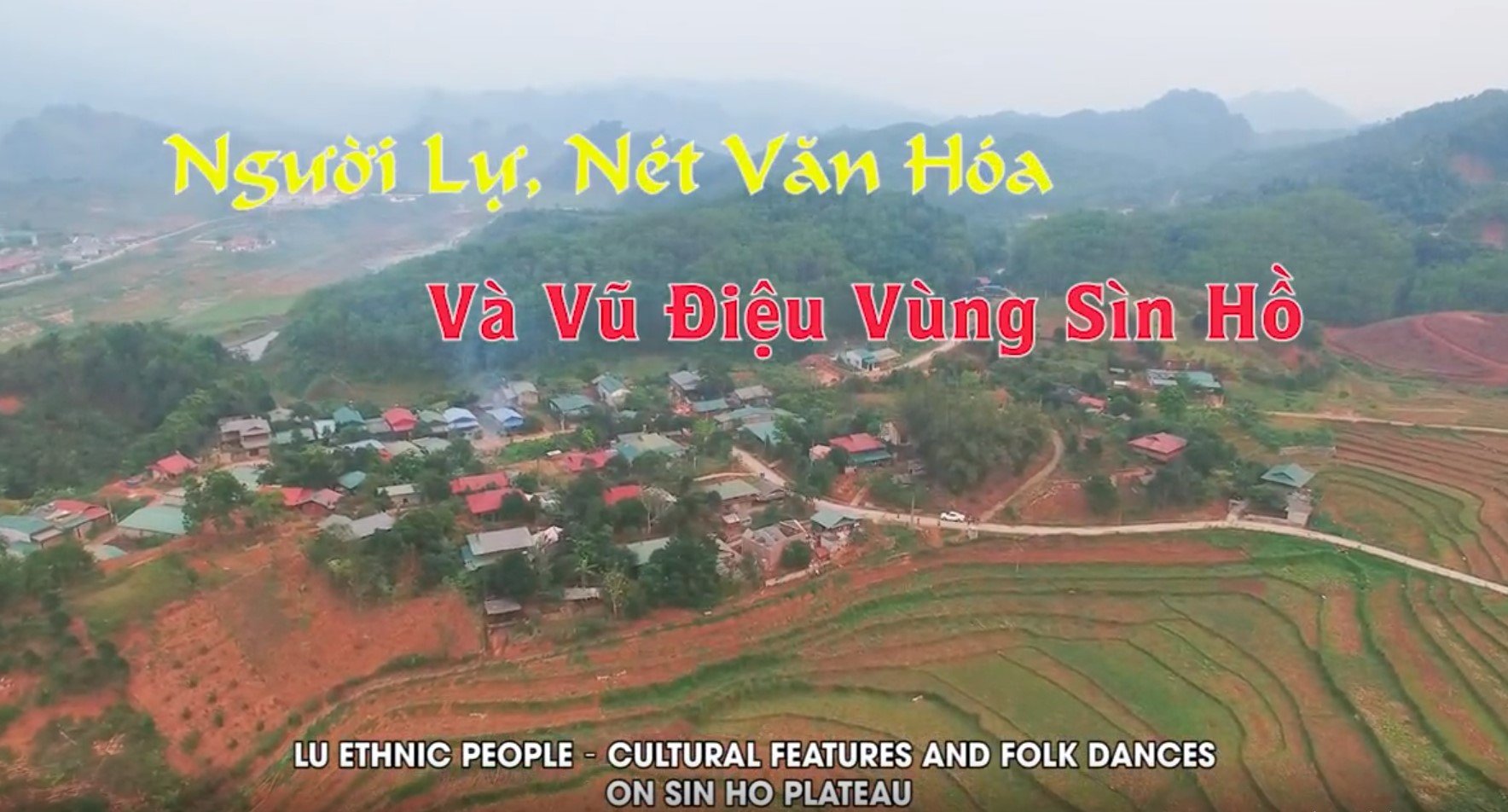
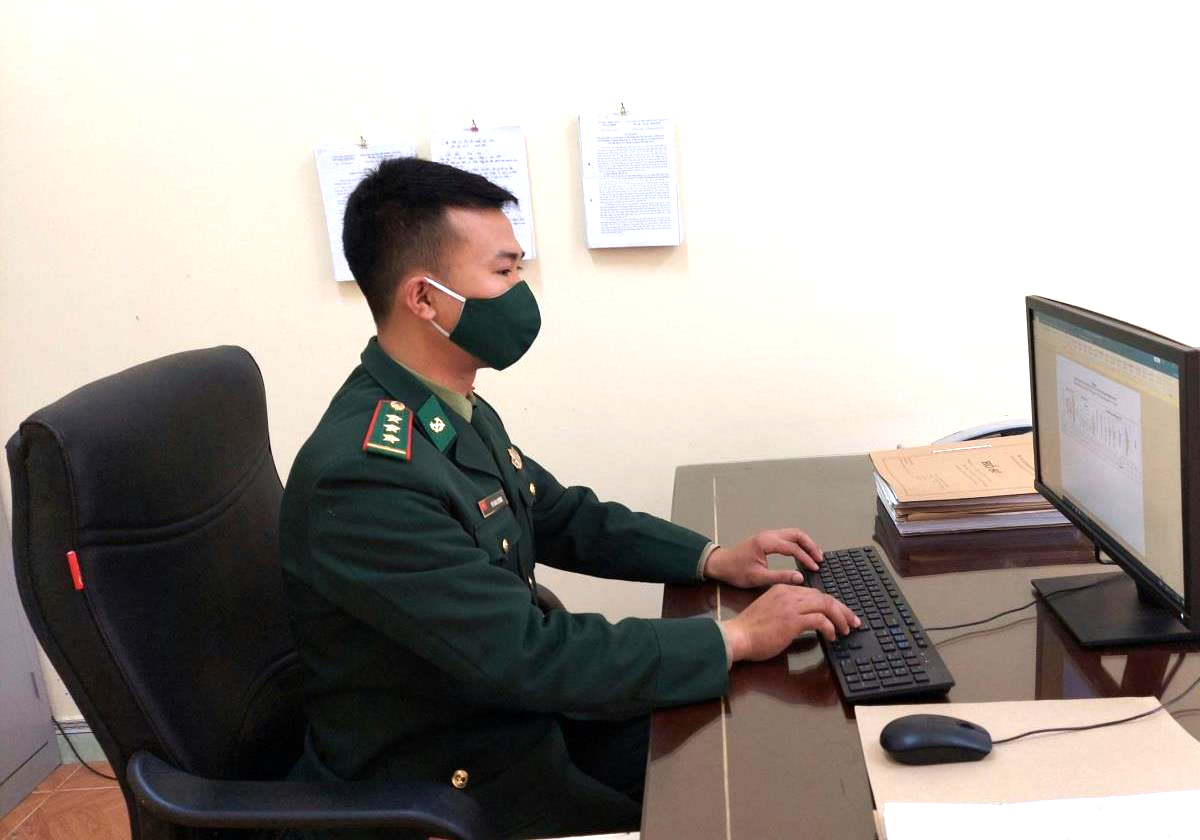
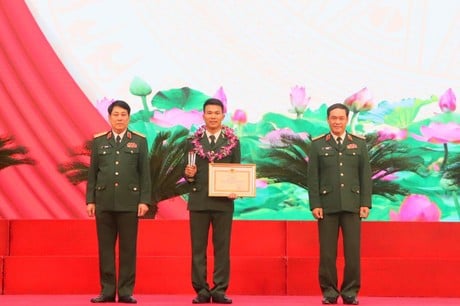
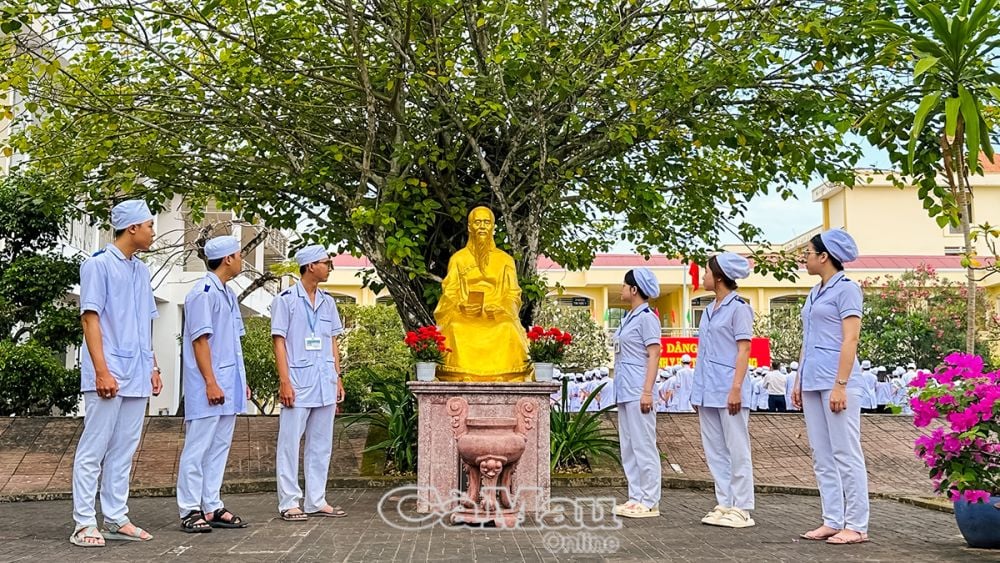
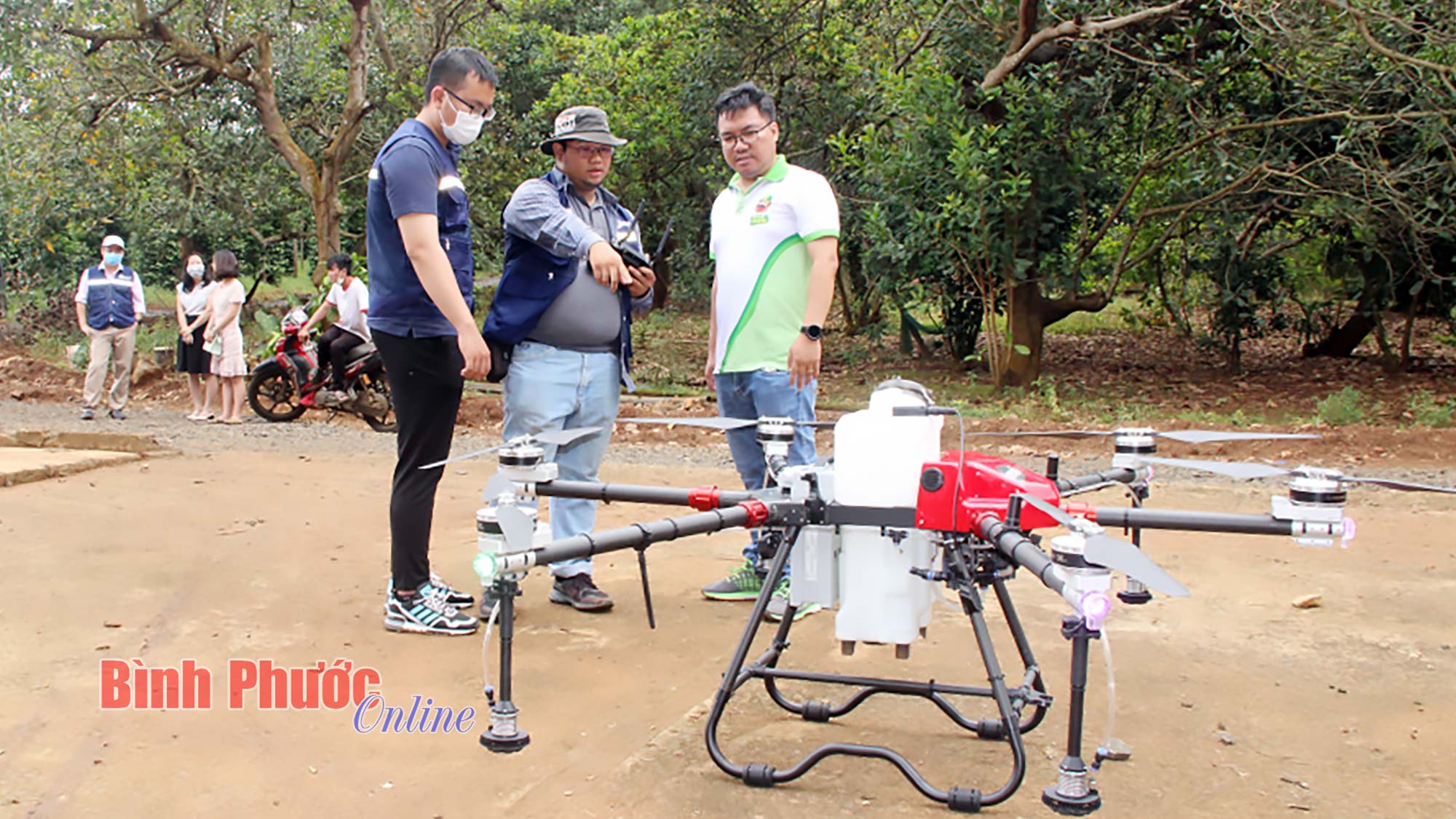







![[Photo] Prime Minister Pham Minh Chinh chairs Government Conference with localities on economic growth](https://vstatic.vietnam.vn/vietnam/resource/IMAGE/2025/2/21/f34583484f2643a2a2b72168a0d64baa)


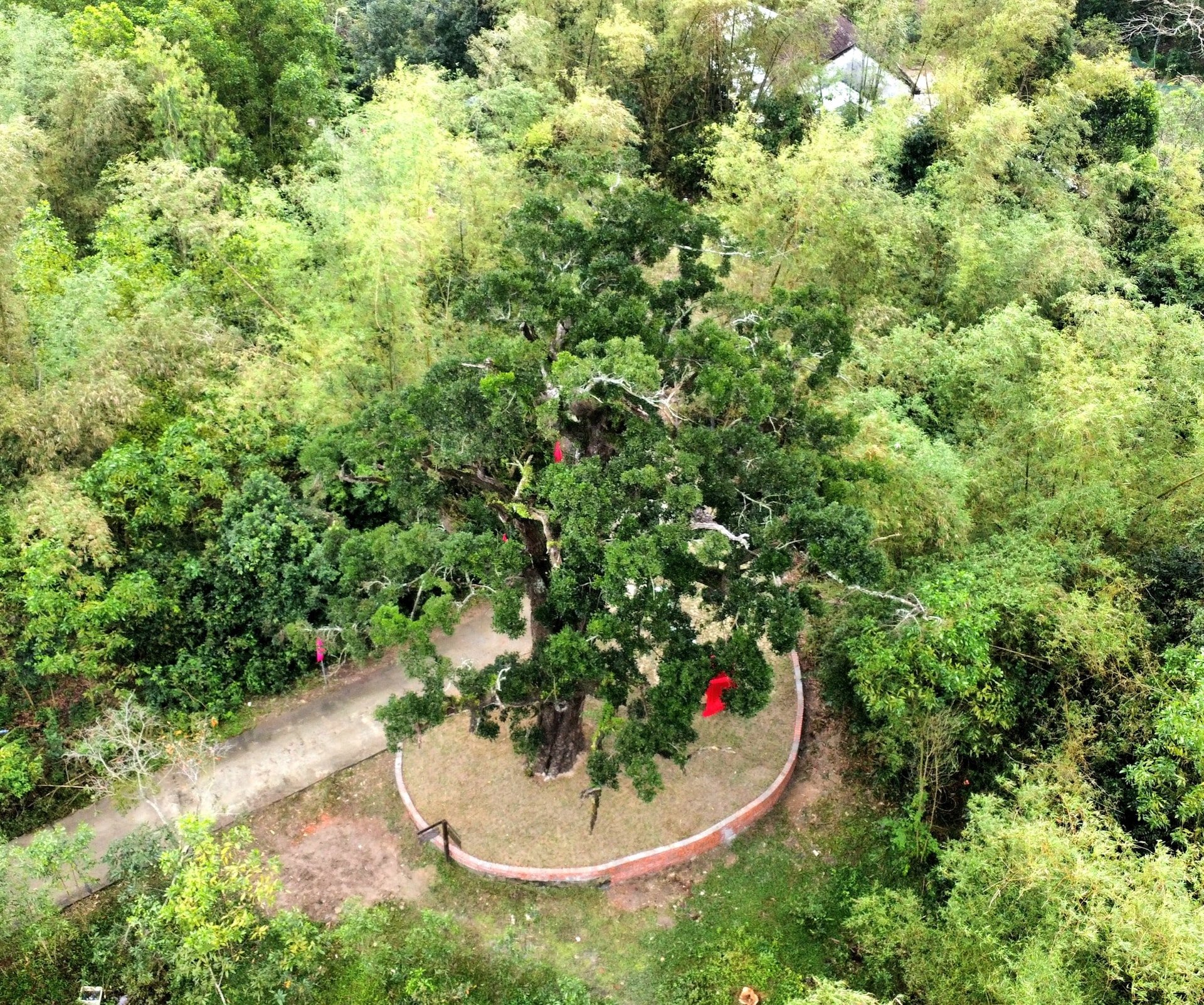

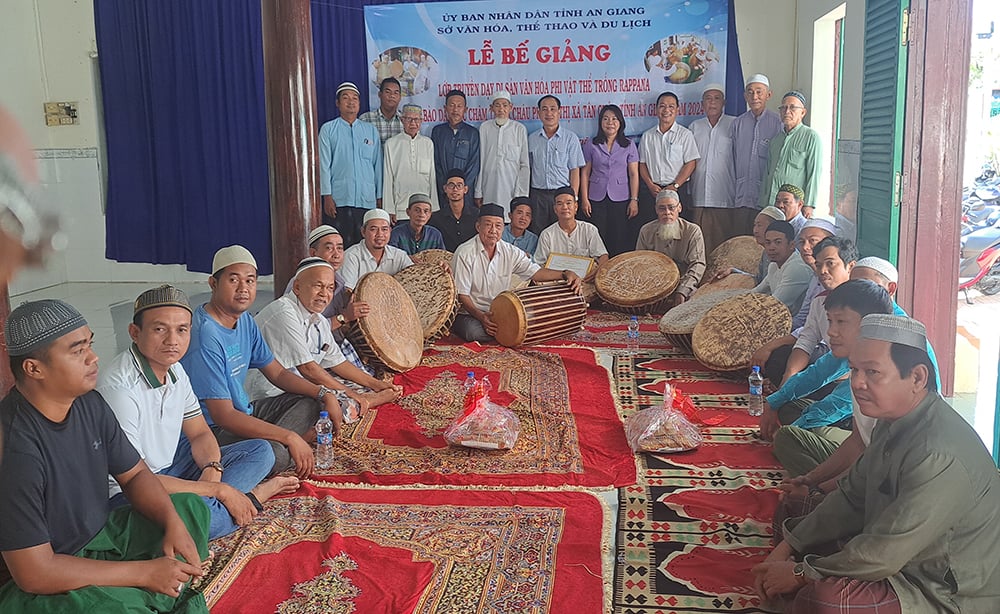







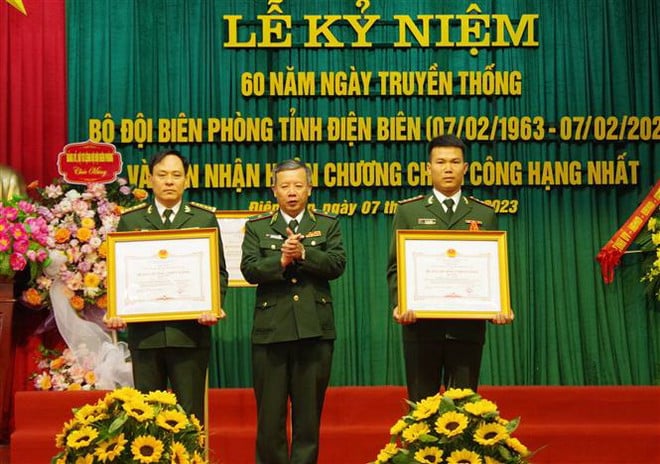


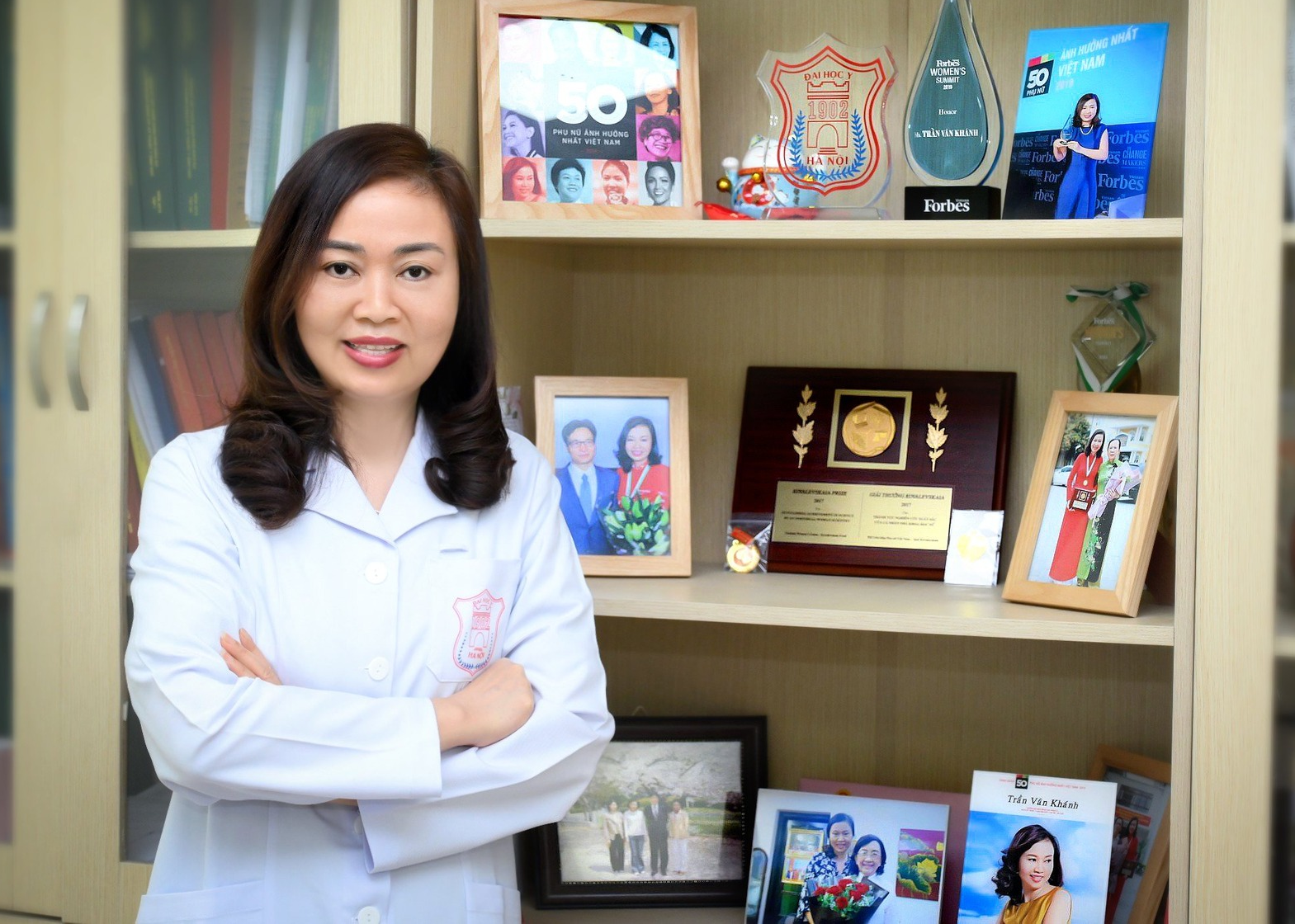











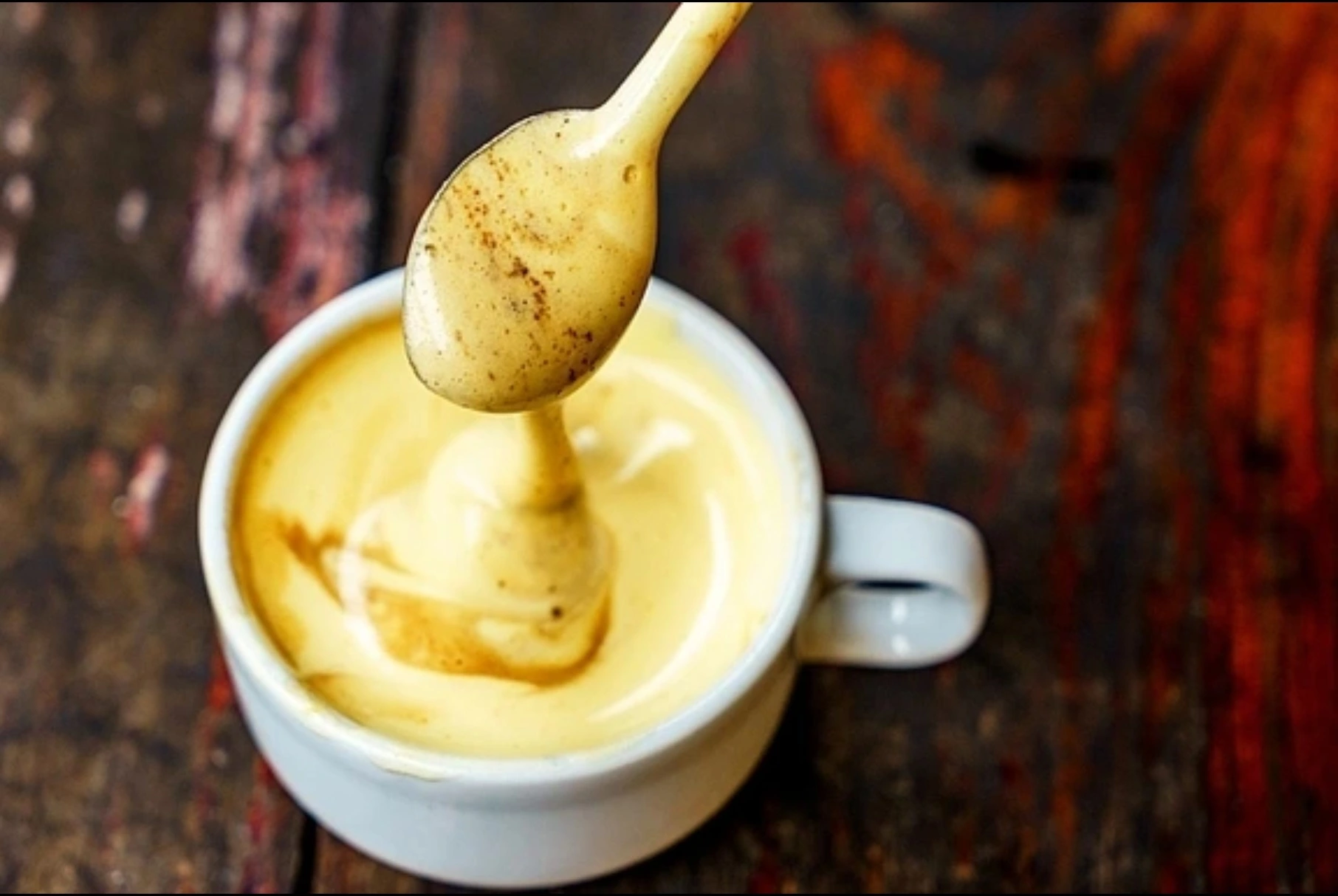















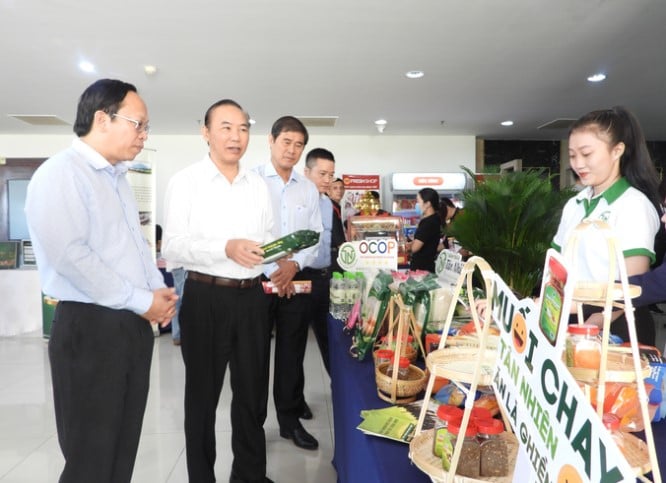

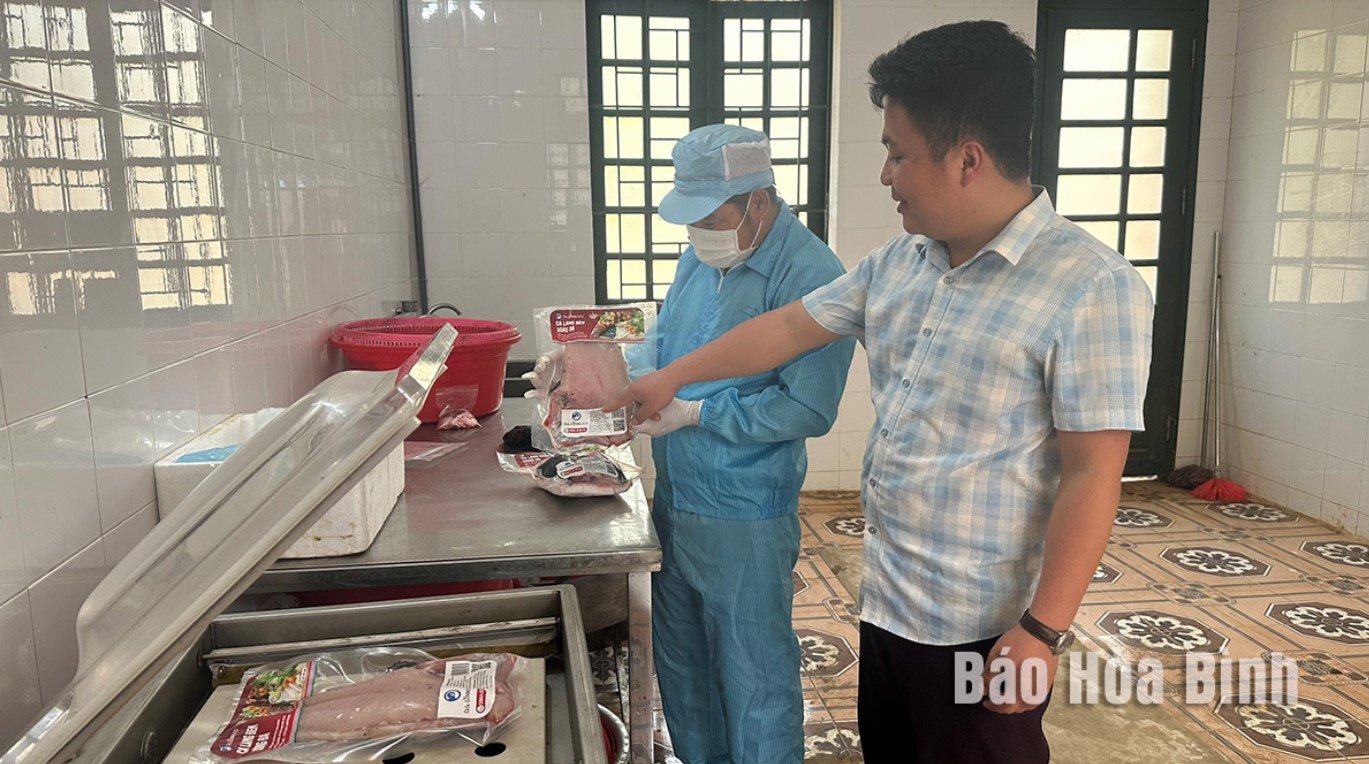





Comment (0)